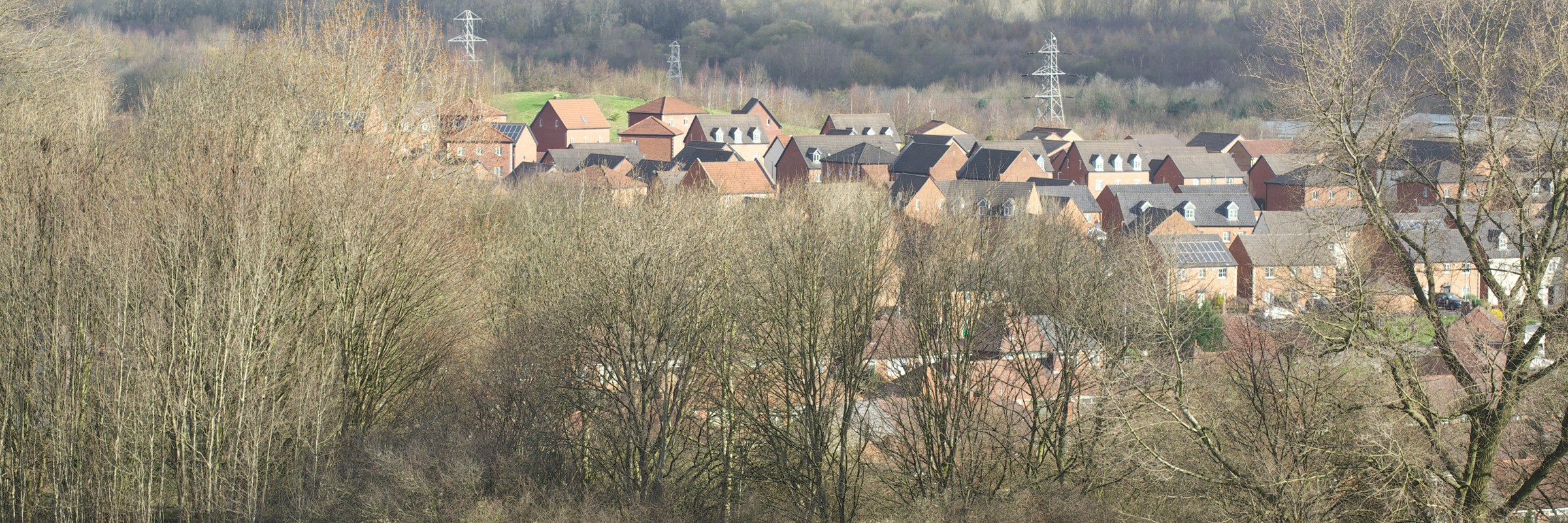
Statement relating to the Greater Manchester Clean Air Zone
Statement from Eamonn Boylan, Chief Executive of Greater Manchester Combined Authority
Greater Manchester is experiencing dangerous and illegal air quality due to NO2 exhaust emissions and other vehicle pollution, leading to serious health problems and 1,200 premature deaths every year. Modelling has shown that there are 152 locations across the 10 Greater Manchester local authority areas where NO2 emissions will remain beyond legal levels without action.
In March 2020, the government issued a legal direction requiring the ten Greater Manchester local authorities to address the problem by introducing a Category C charging clean air zone - which principally addresses commercial vehicles including HGVs, buses, coaches, minibuses, vans, taxis and private hire vehicles that do not meet prescribed national standards for NO2 emissions. The current Greater Manchester Clean Air Plan was prepared with government to meet the terms of this direction to achieve legal NO2 Limit Values in the shortest possible time and by 2024 at the latest.
Throughout development of the Plan, the 10 Greater Manchester local authorities have worked to understand and address the economic consequences of the national plan for businesses that operate locally. It is clear the path to compliance with the legal direction and to cleaner air is dependent on the ability of those owning the most polluting non-compliant vehicles to upgrade to cleaner vehicles. The Plan includes £120m of government funding to support those with non-compliant vehicles to upgrade their vehicle, with a mechanism to review funding arrangements if demand is predicted to outstrip our current budget.
Since the current plan was agreed in July 2021, emerging evidence from businesses and trade has highlighted significant challenges related to supply chain issues and inflation. Based on this evidence, there is a fundamental concern that these global and national factors may impact on the ability of local businesses and individuals to upgrade their vehicles and whether the current financial support package agreed with government – including nearly £100m of funds due to open at the end of January for light goods vehicles, minibuses, coaches and taxis and private hire vehicles – is sufficient.
The Greater Manchester Air Quality Administration Committee will meet on 20th January to consider the outcome of this work and what its implications means for the Greater Manchester Clean Air Plan and will confirm that the terms of the legal direction that Greater Manchester authorities are subject to states that authorities: “must not vary, revoke or suspend their implementation of the local plan for NO2 compliance … without the prior written consent of the Secretary of State.”
The Committee will therefore be recommended to seek approval from the Secretary of State requesting to pause opening of phase two Clean Air Funds at the end of January 2022, to enable an urgent and fundamental joint policy review with government to identify how a revised policy can be agreed to deal with the supply issues and local businesses’ ability to comply with the Greater Manchester Clean Air Plan. The Committee will also be asked to confirm that preparations to launch the first phase of the Clean Air Zone charging from May 2022 – buses, HGVs and non-Greater Manchester taxi and private hire vehicles - will continue.
Article Published: 12/01/2022 19:09 PM



